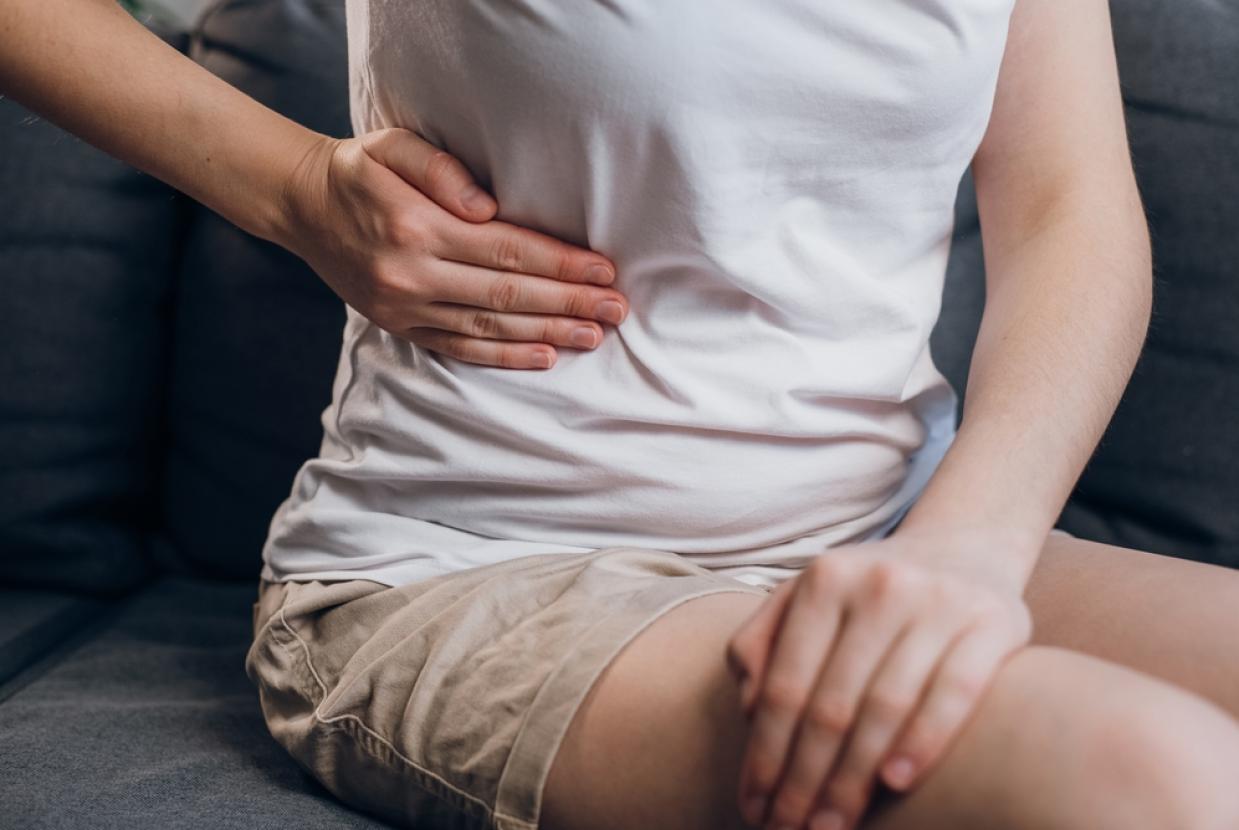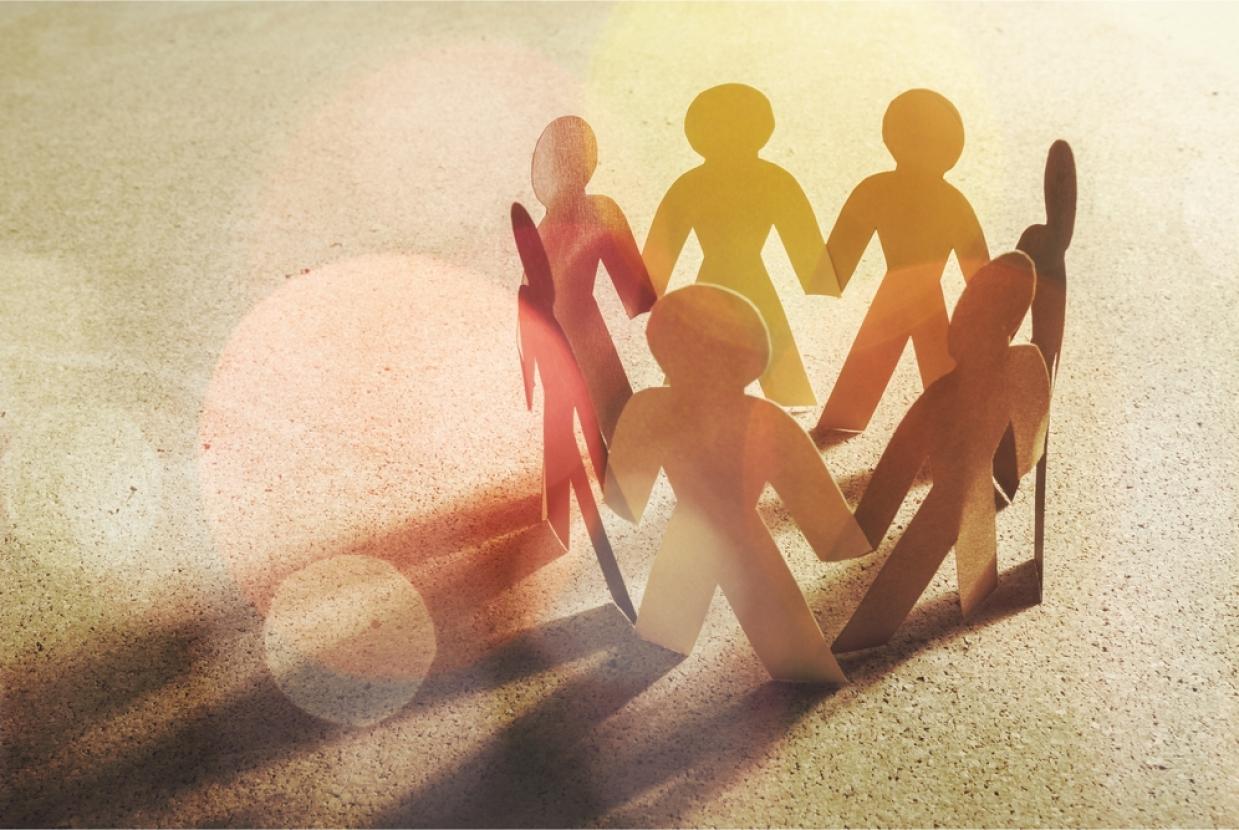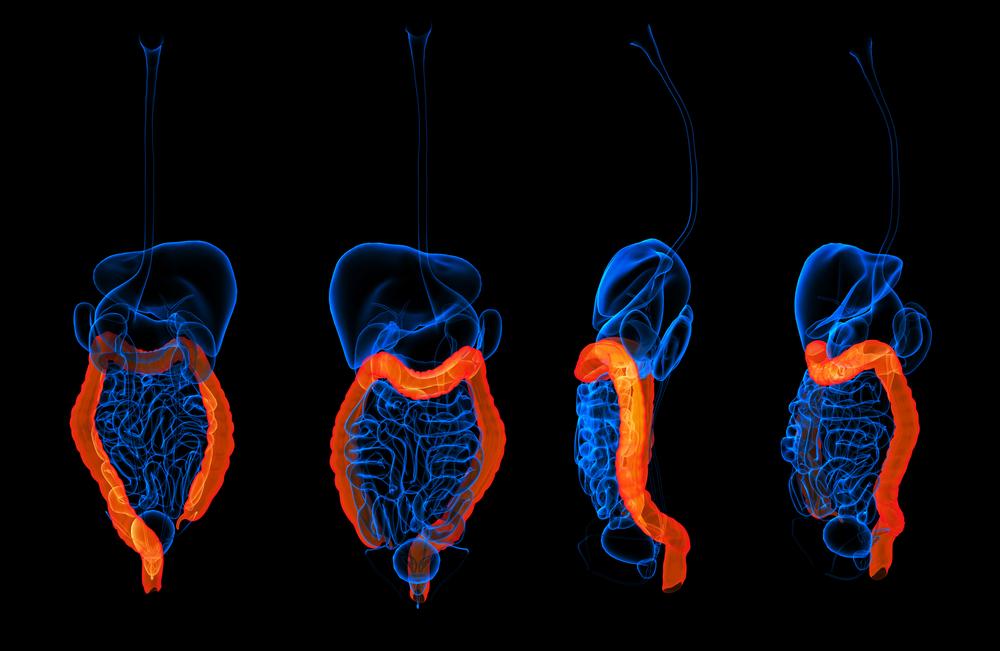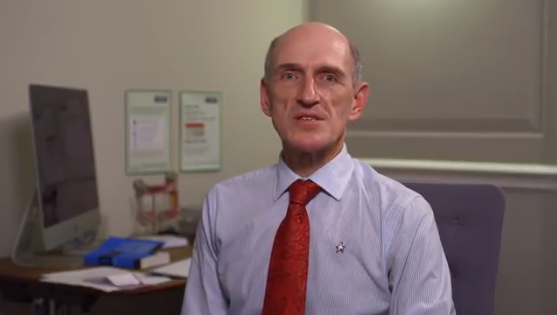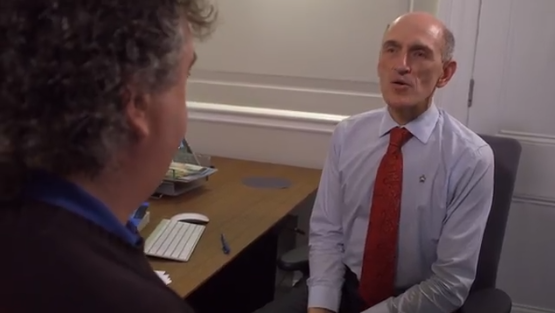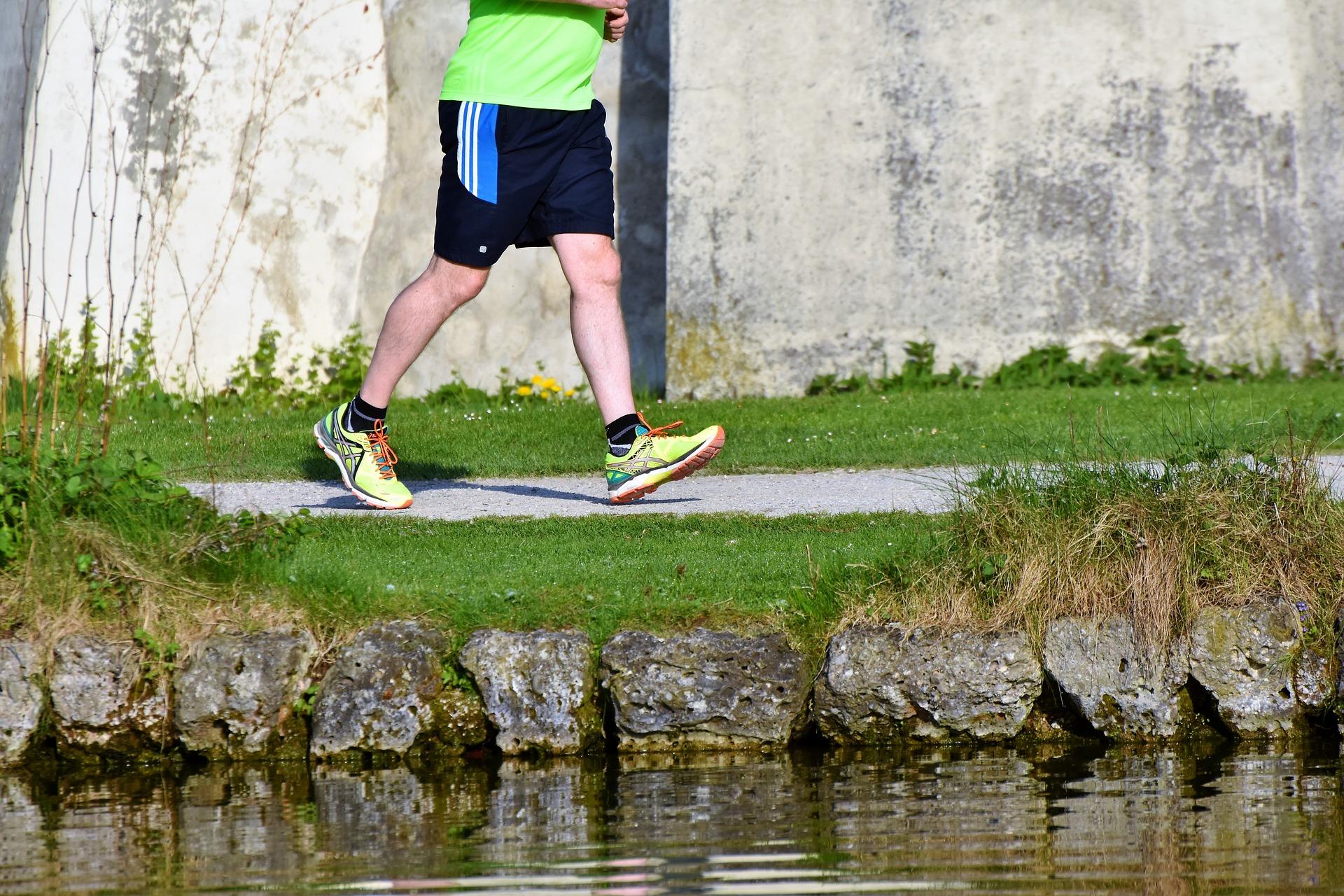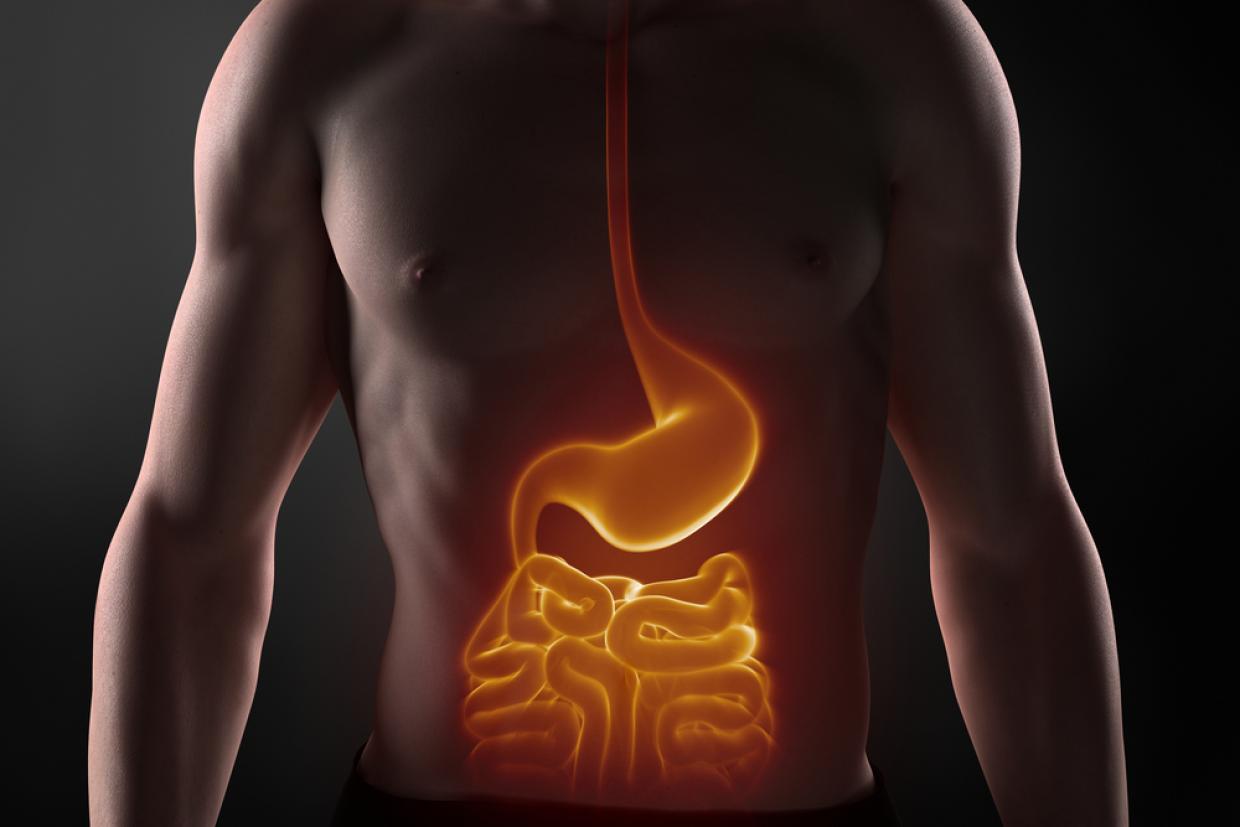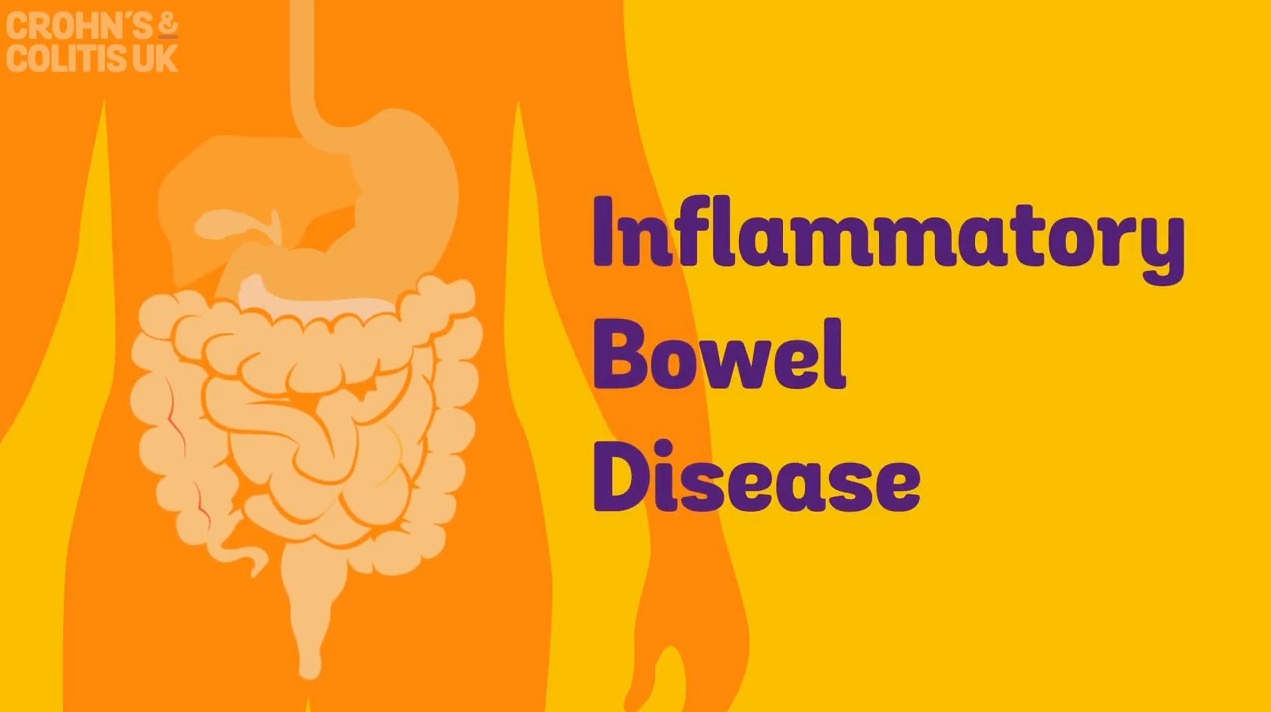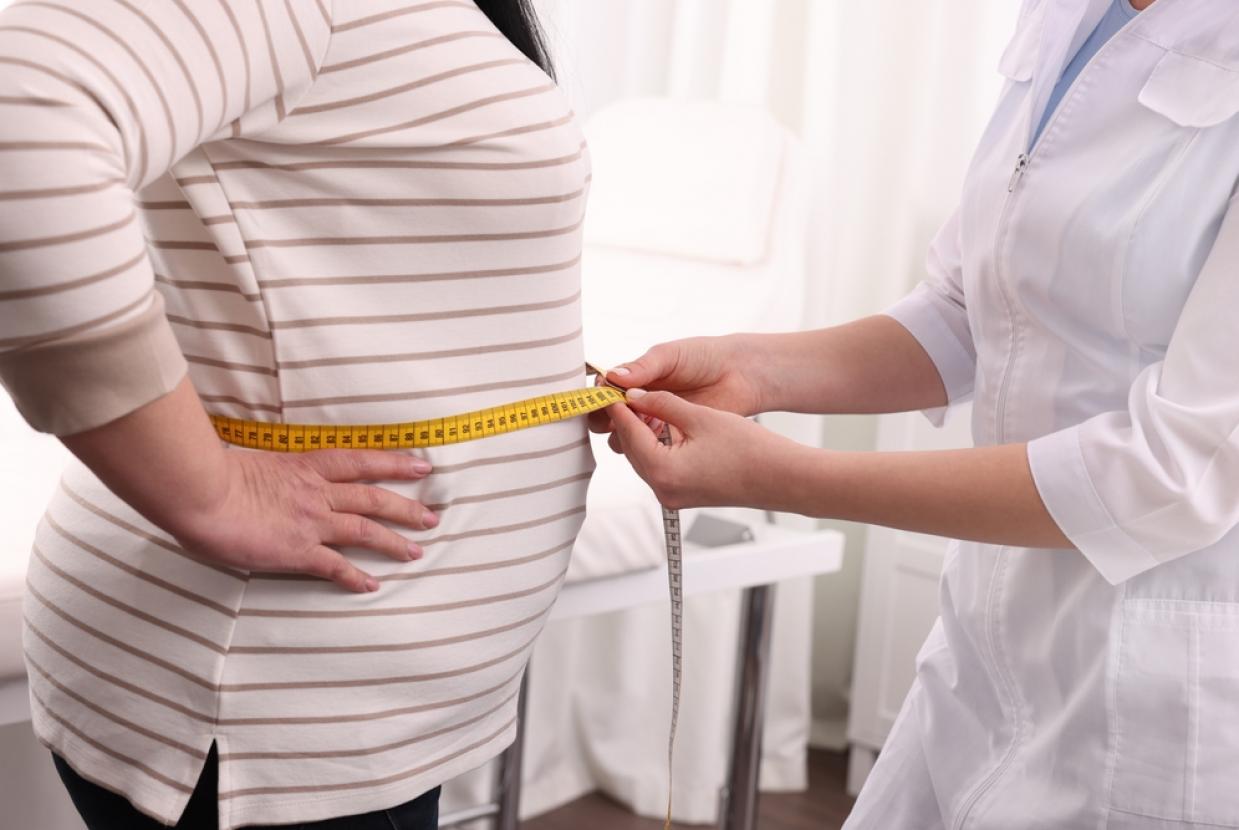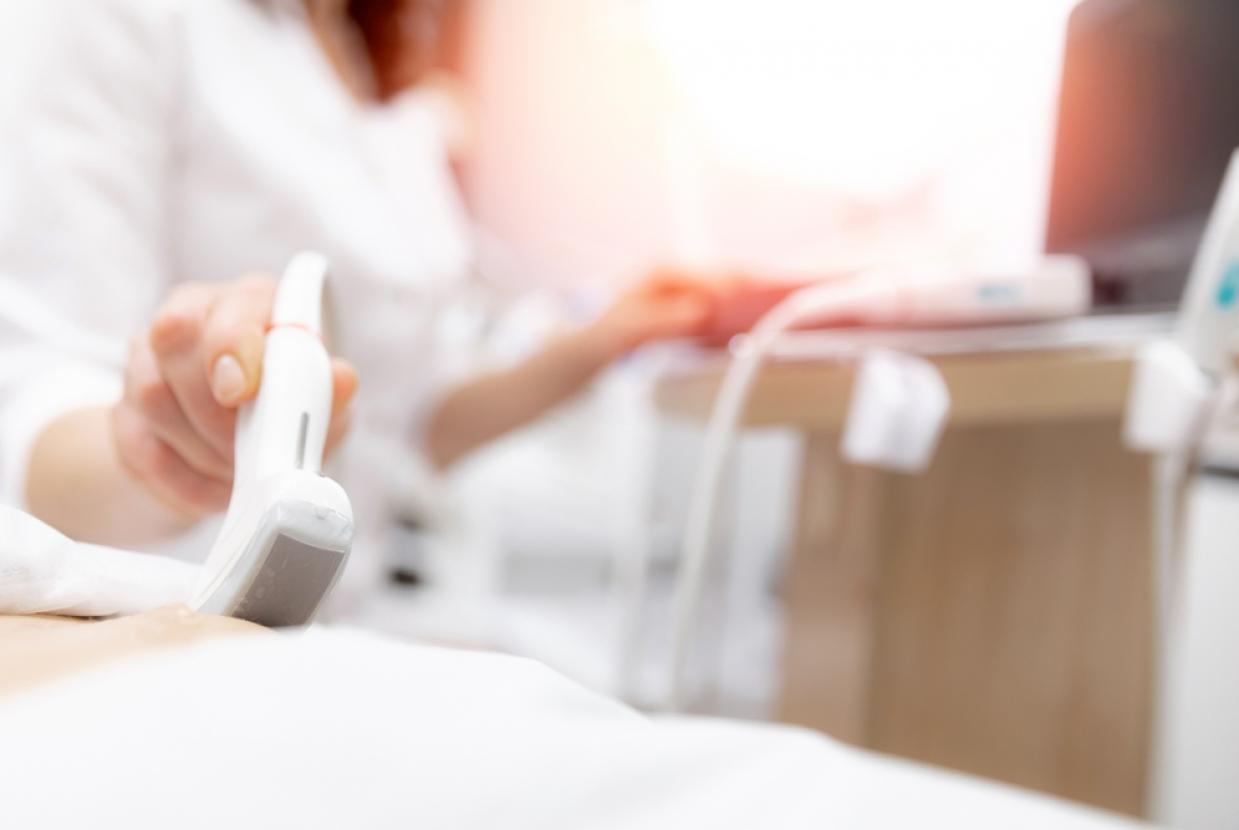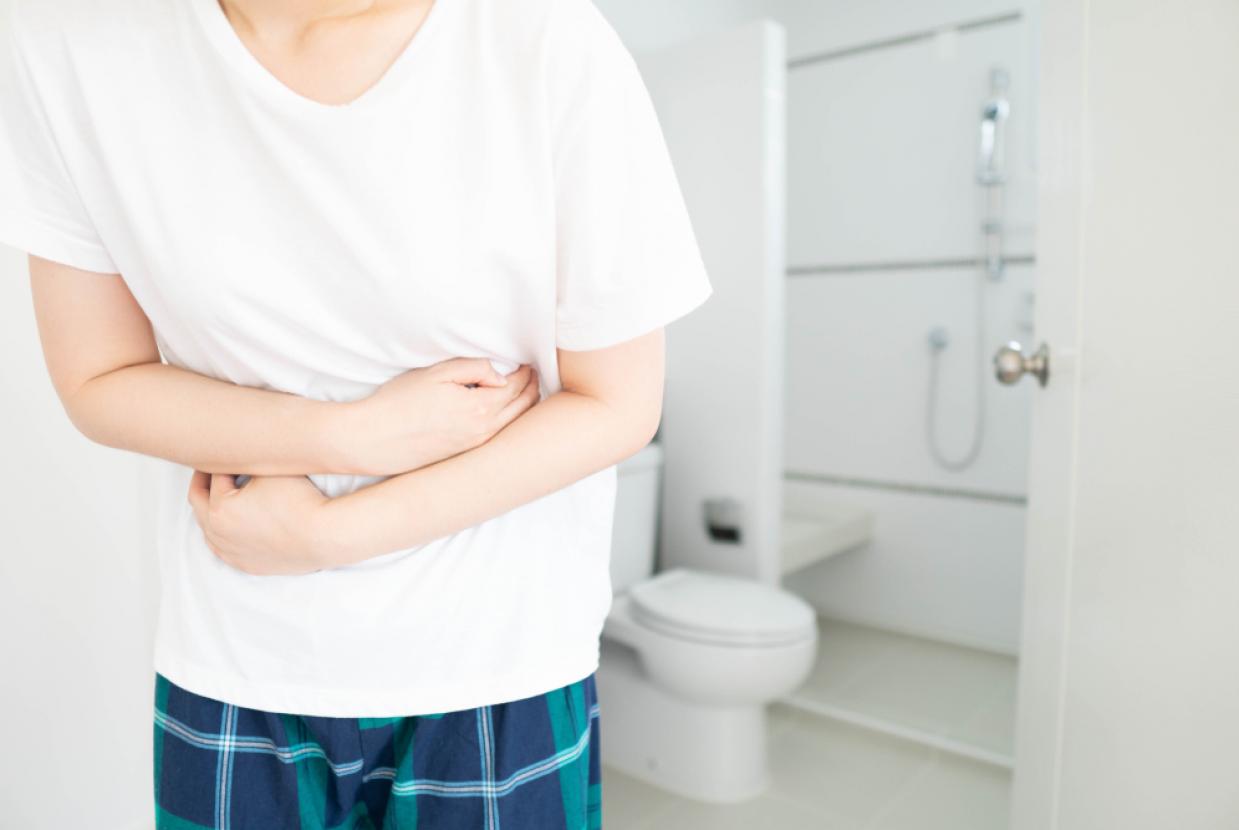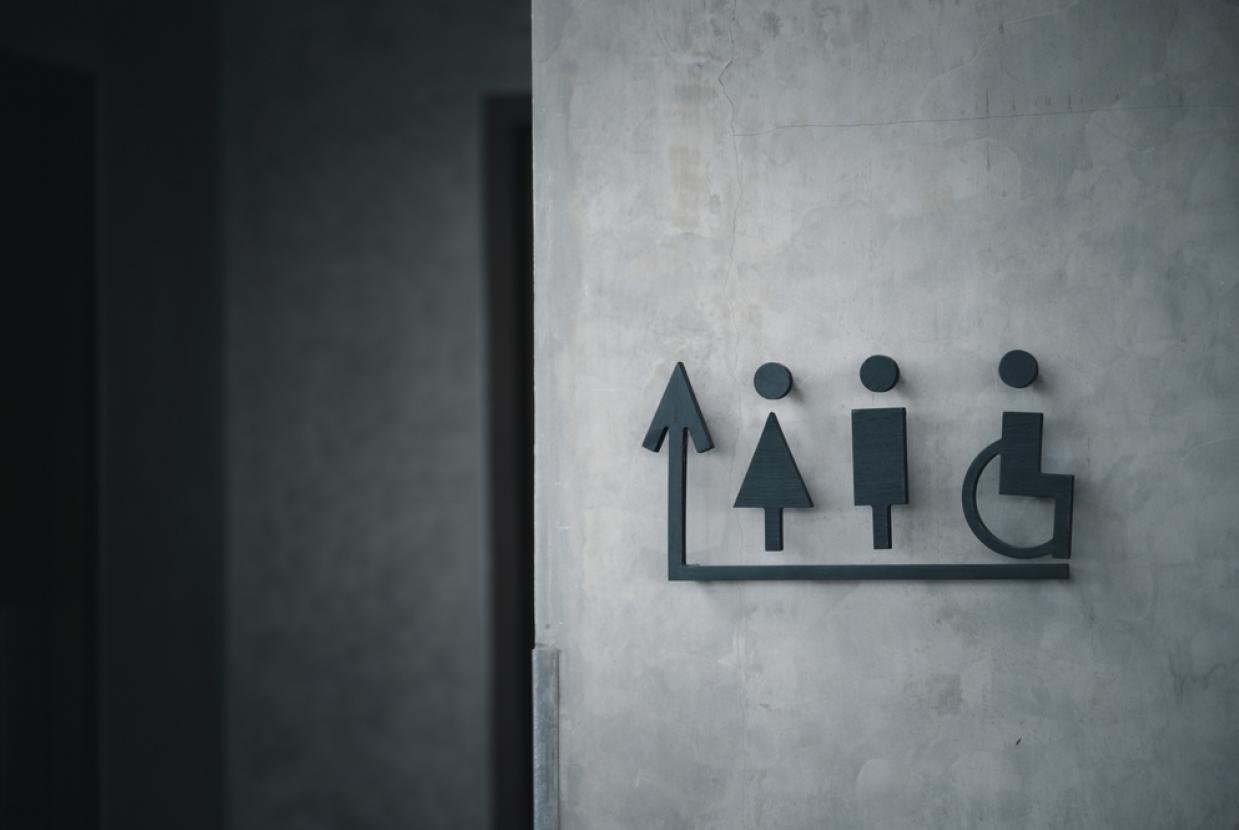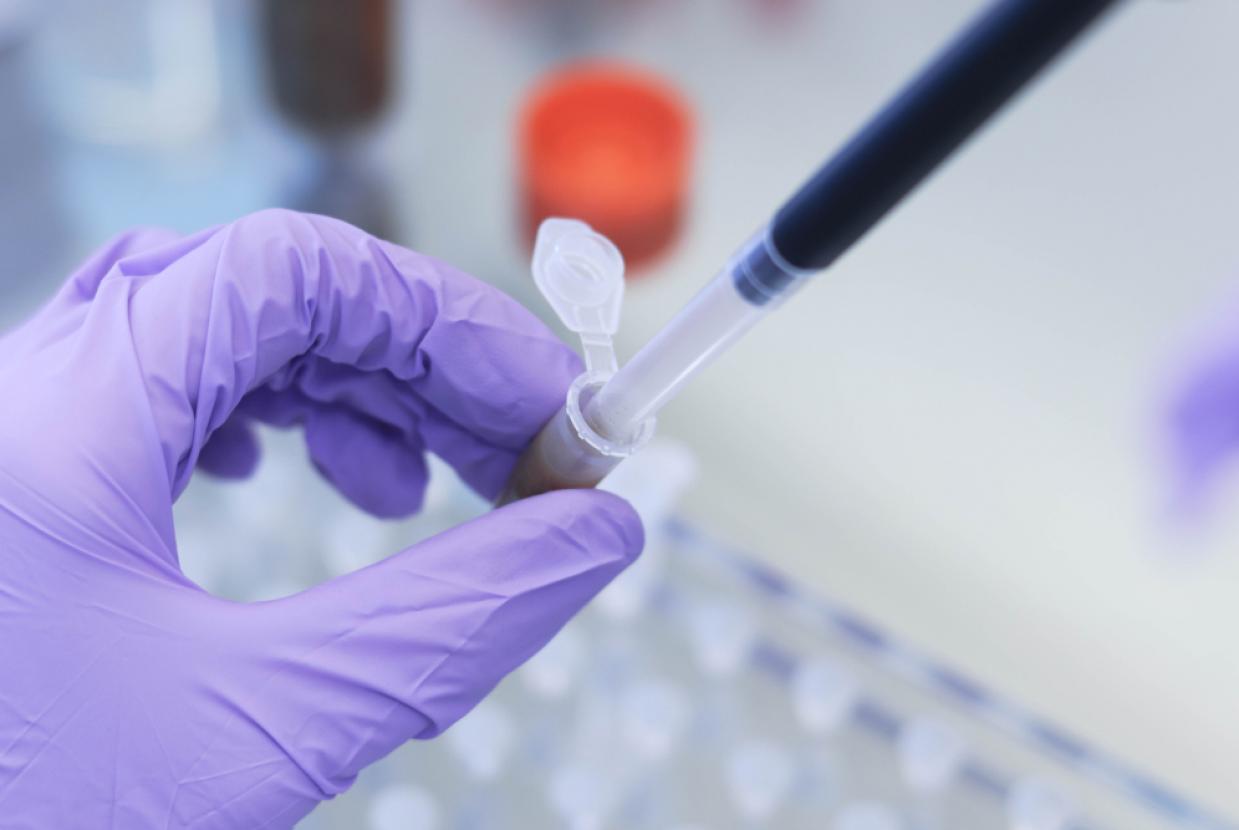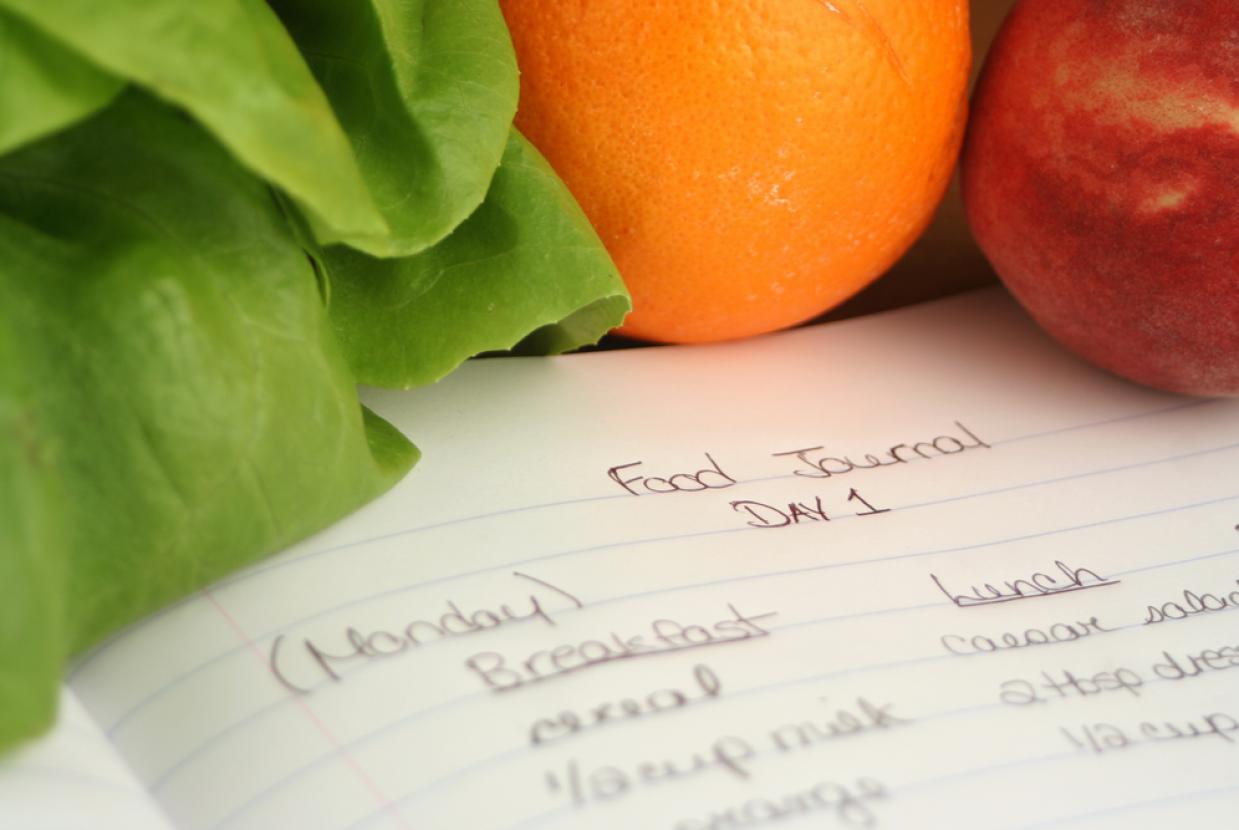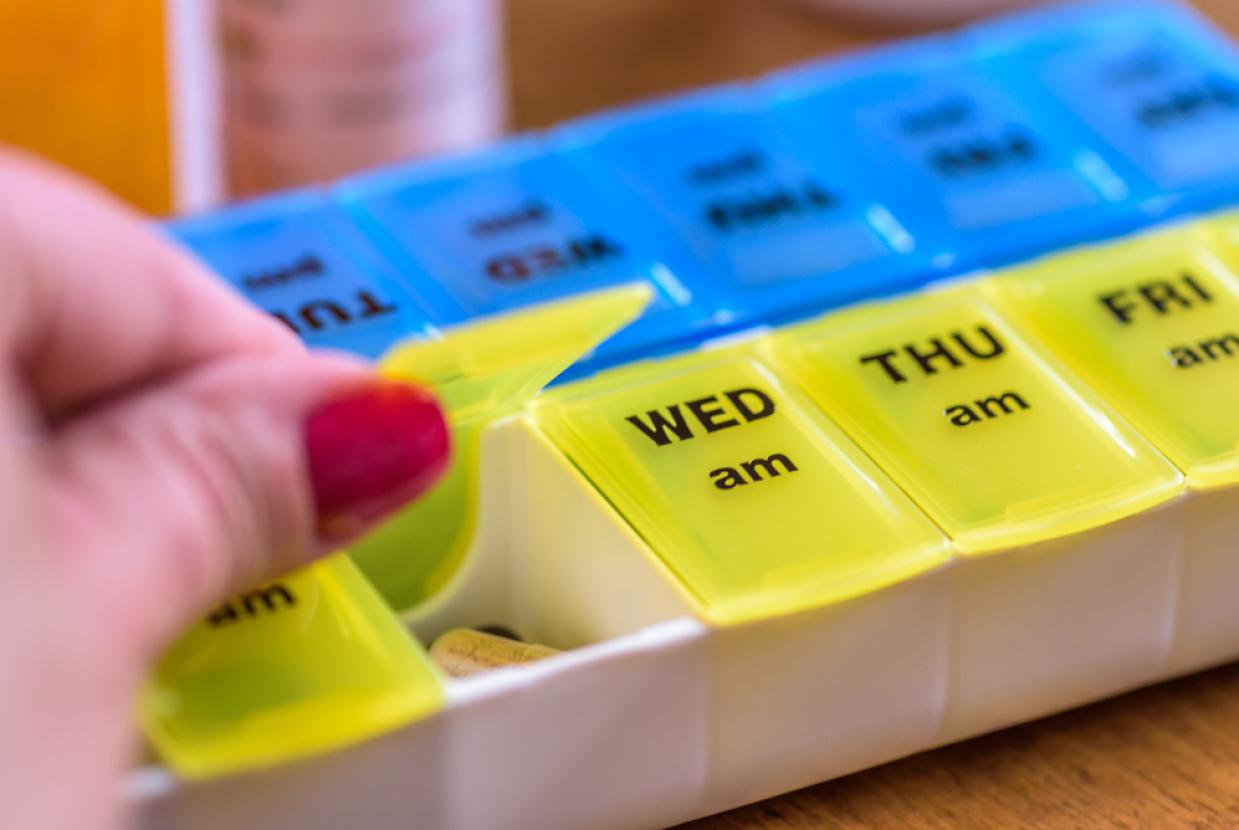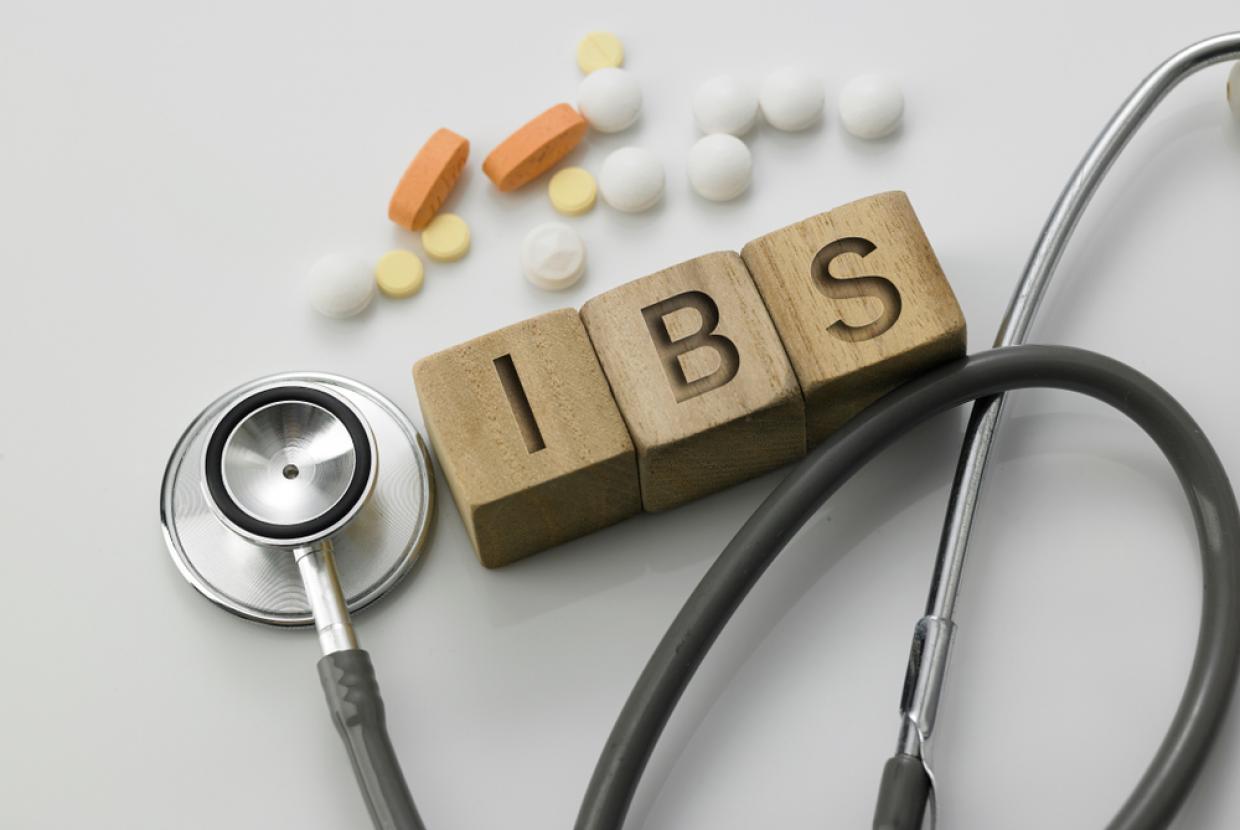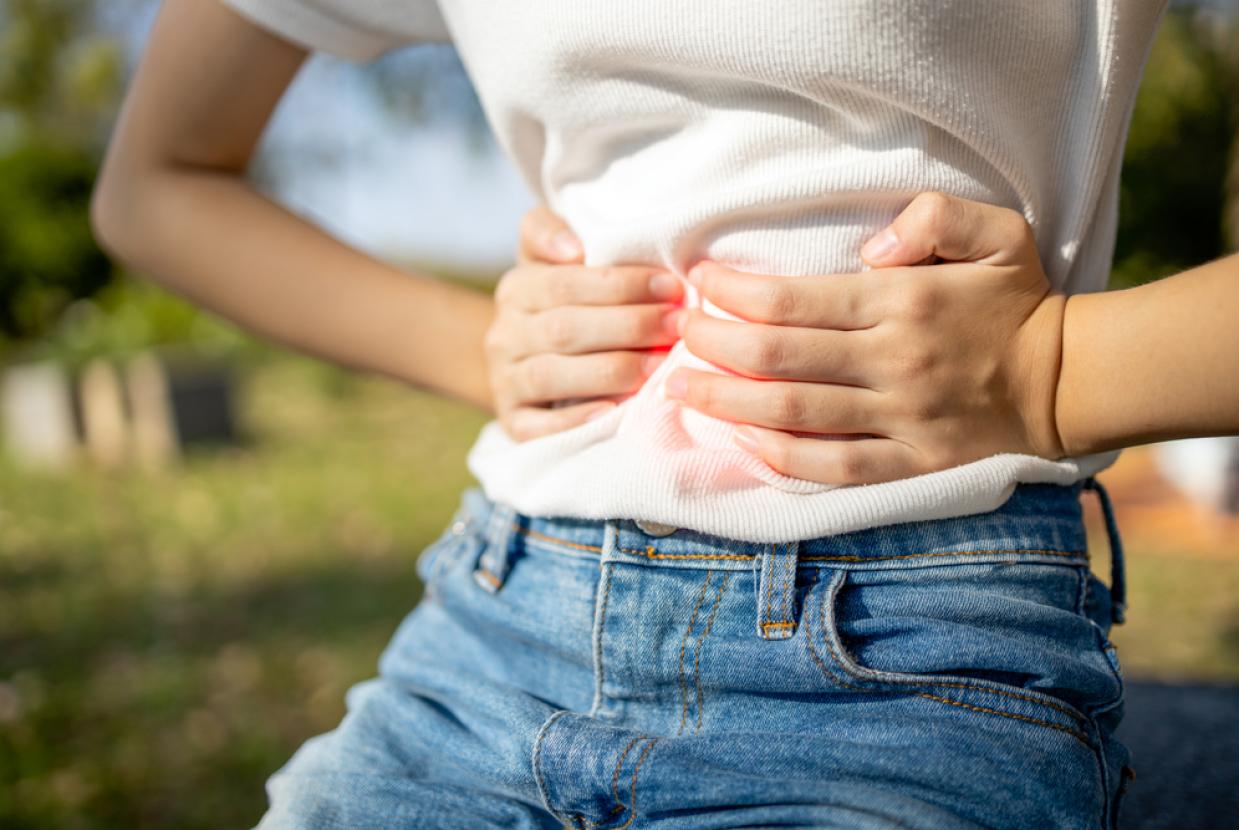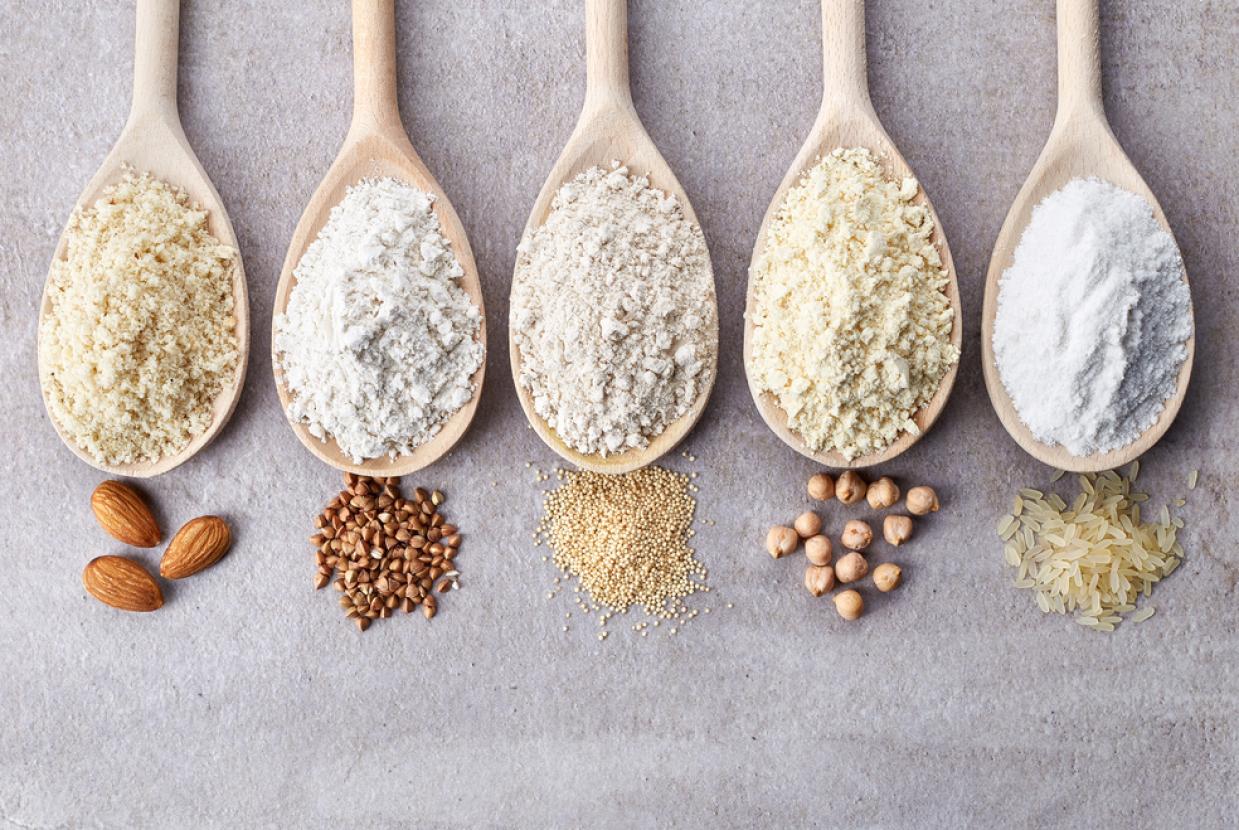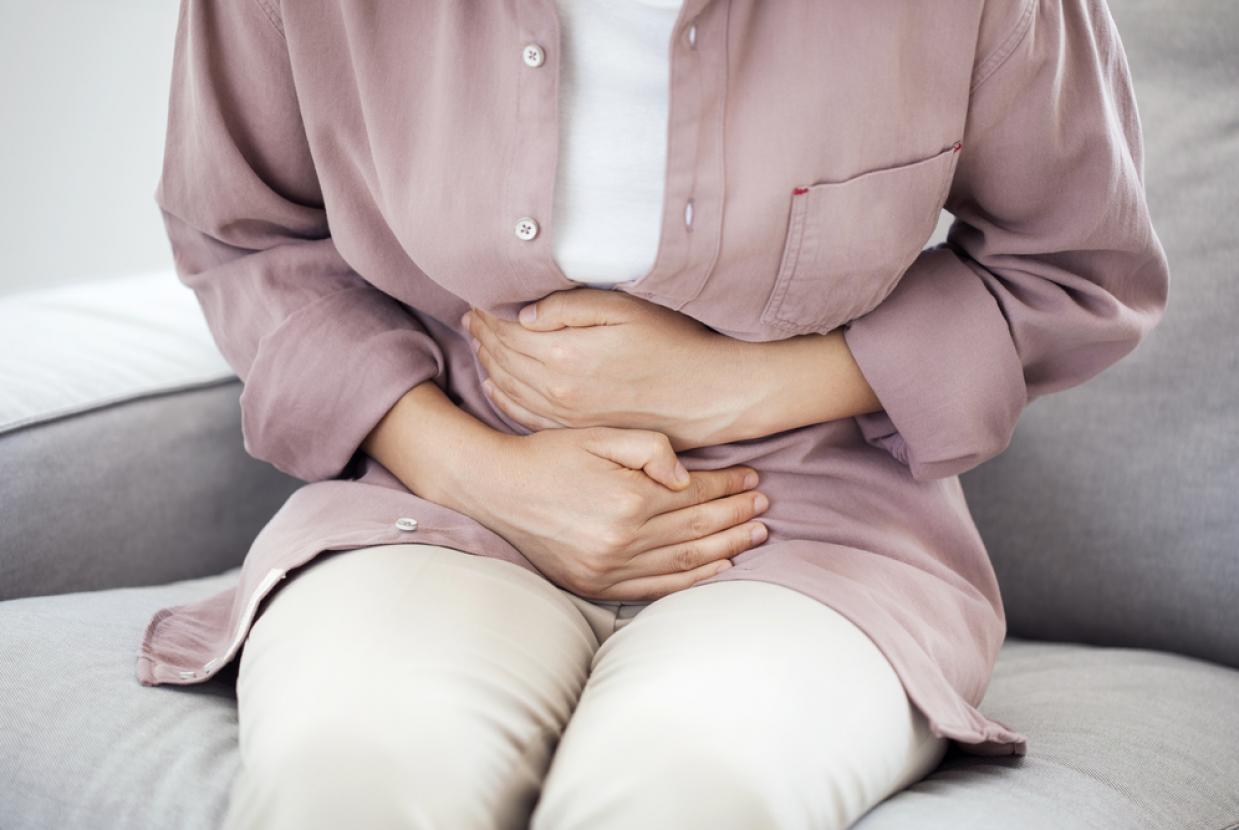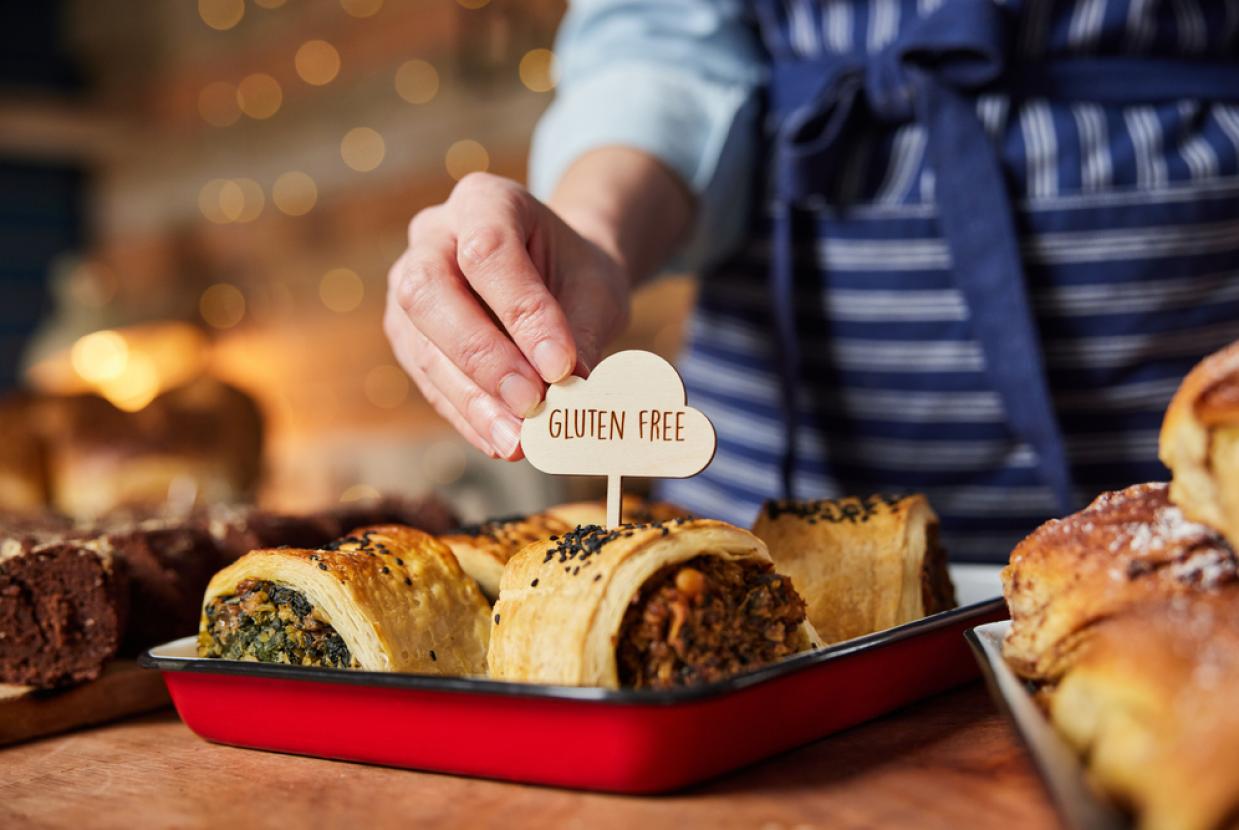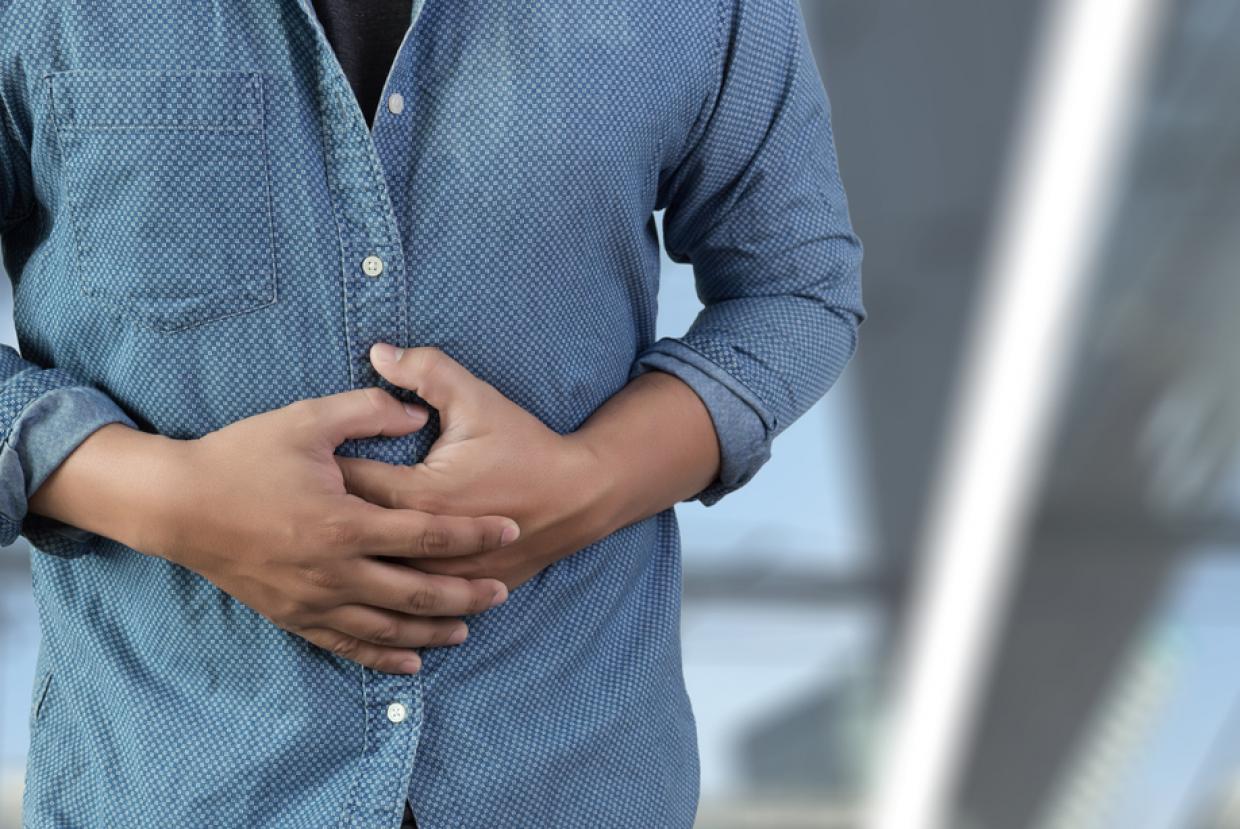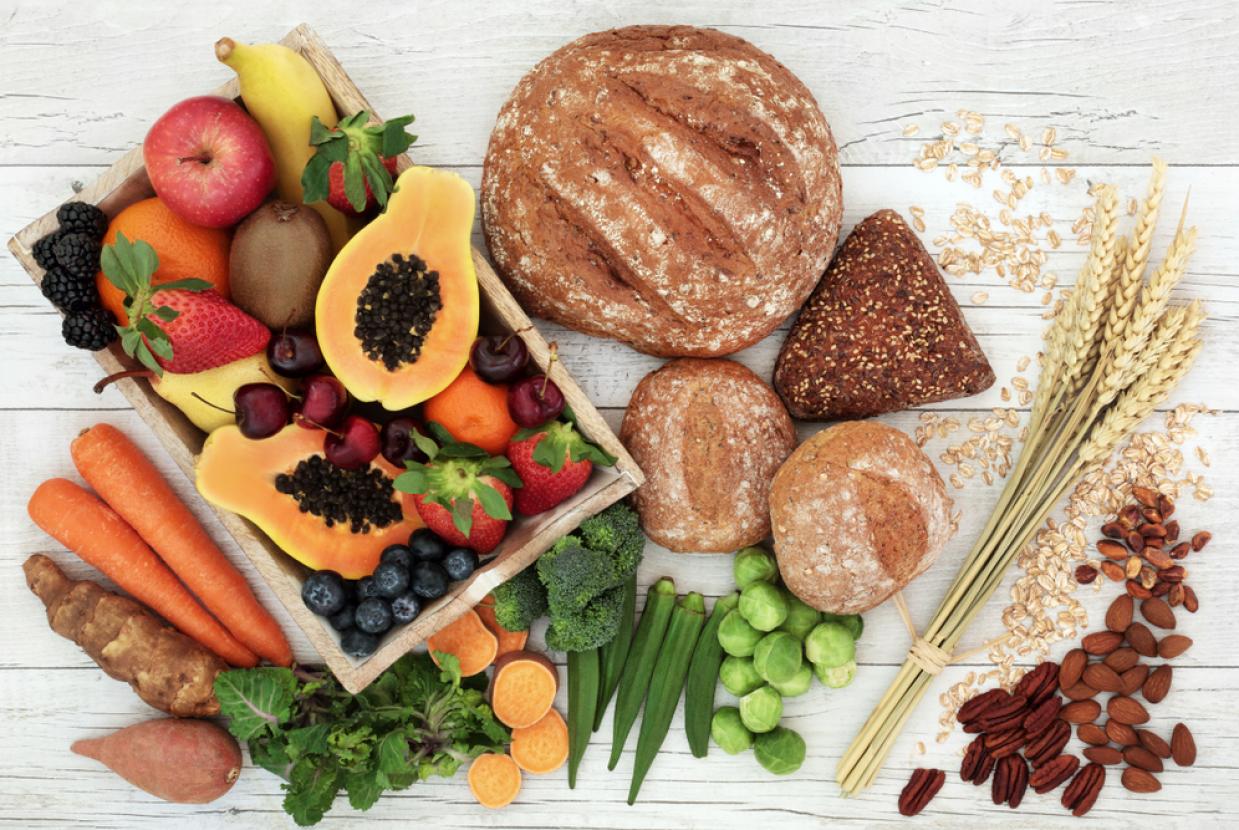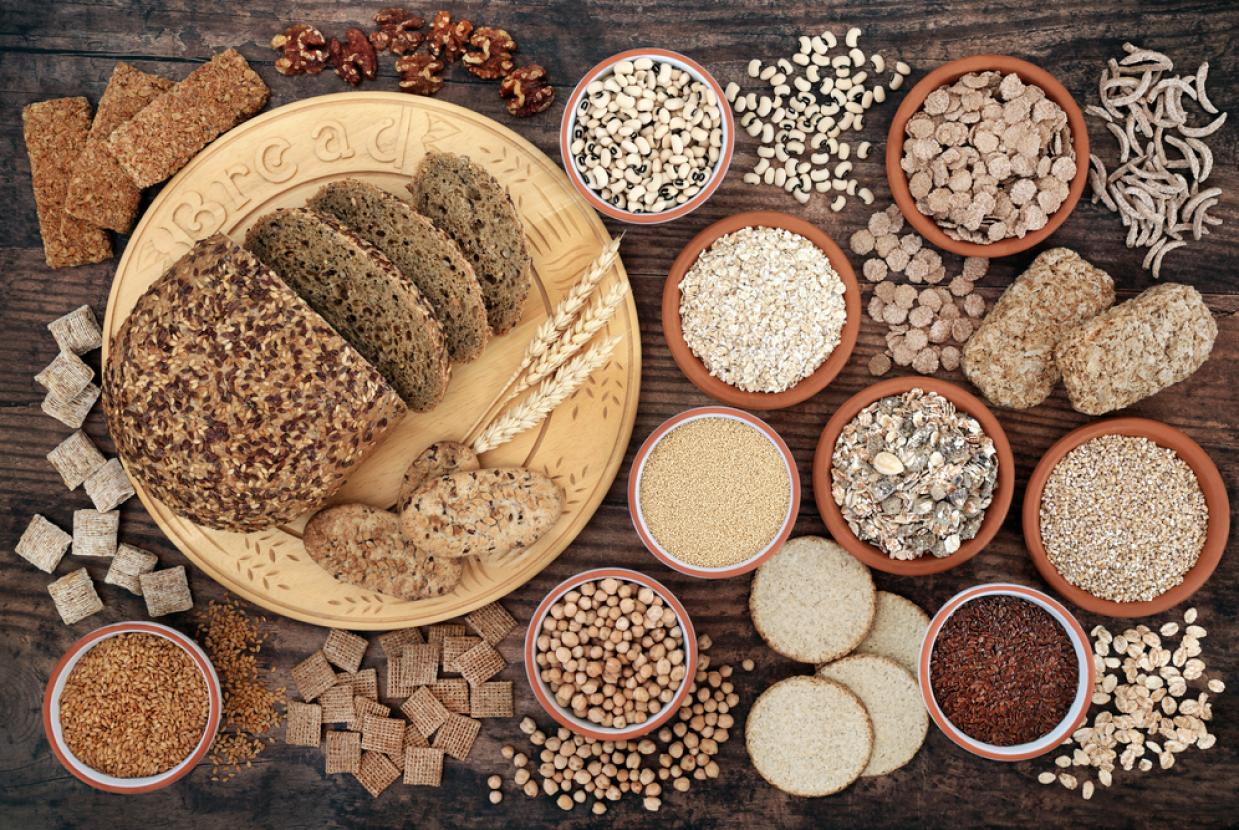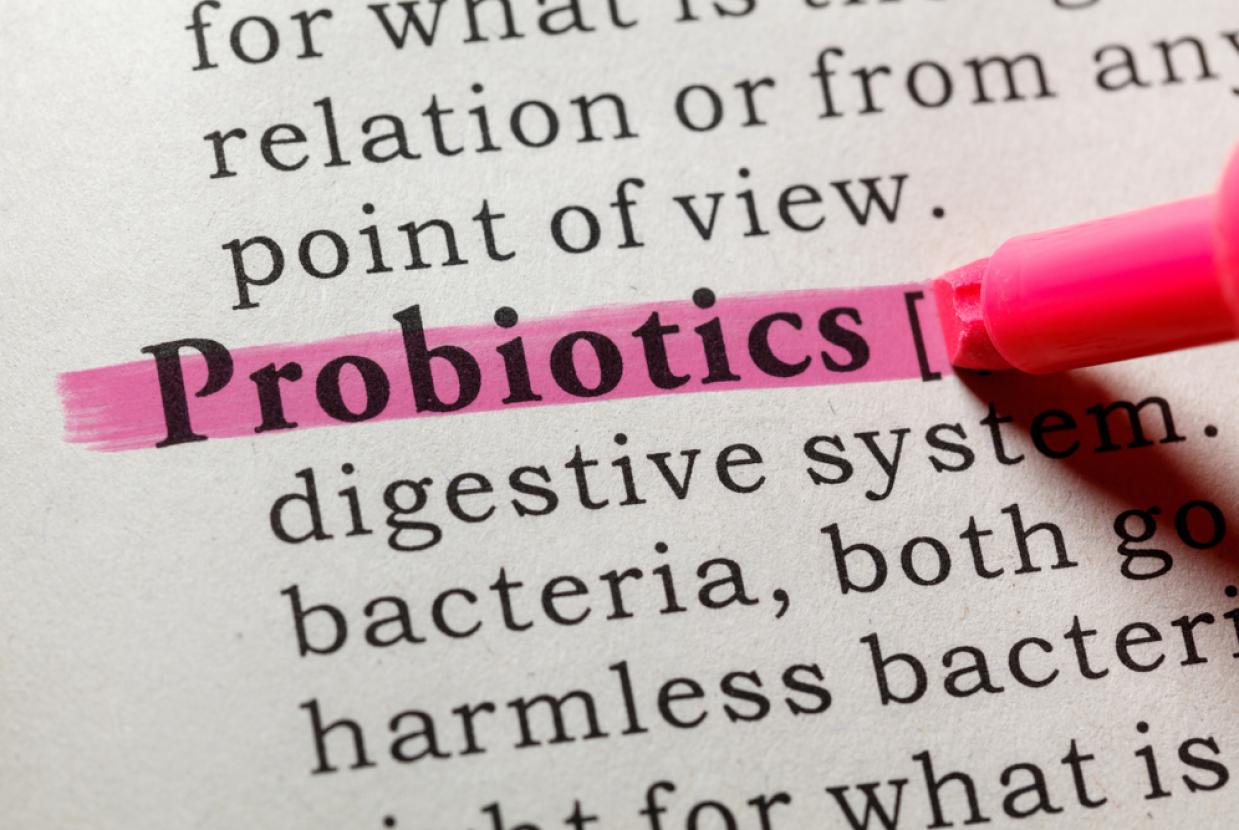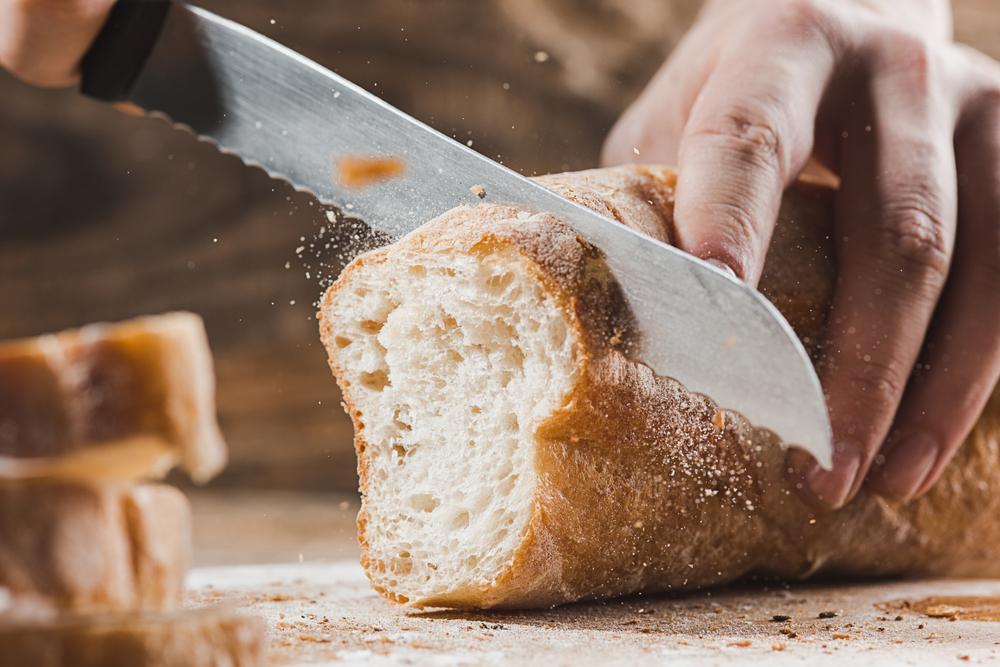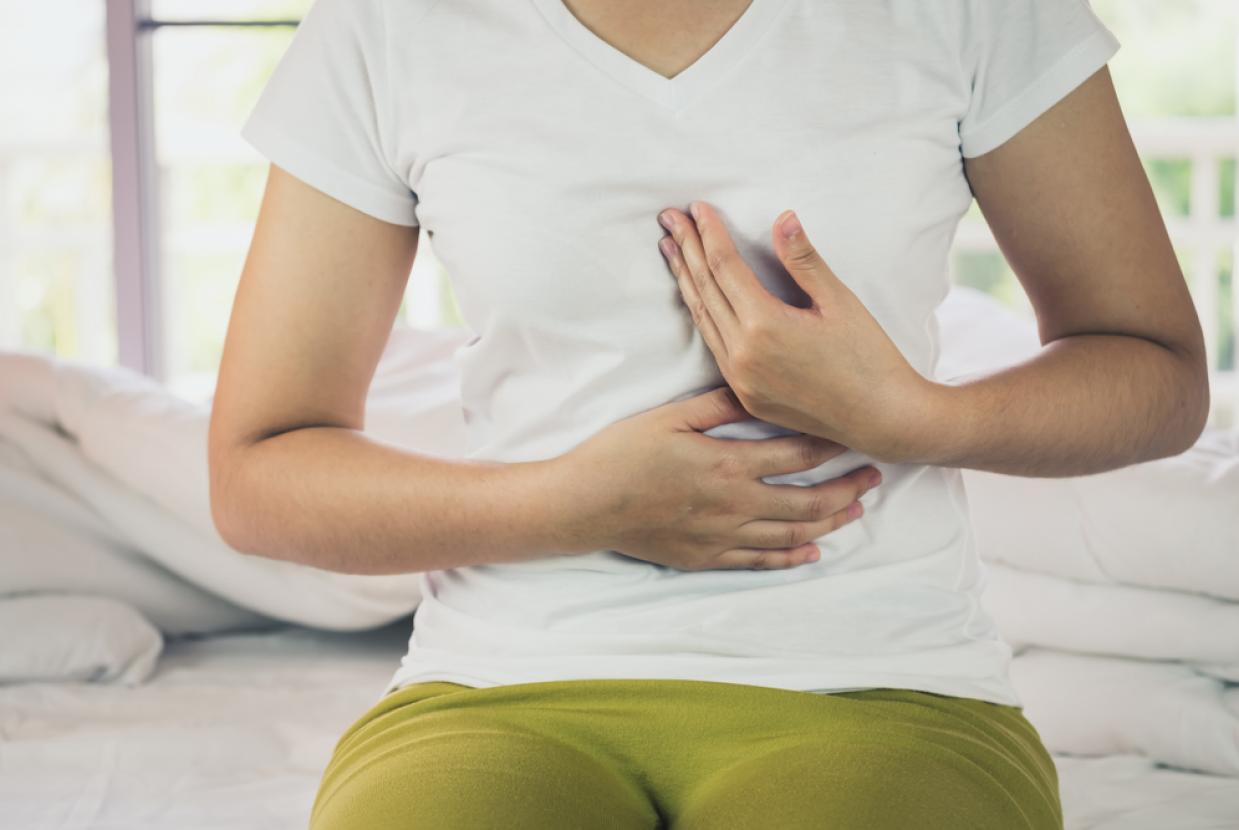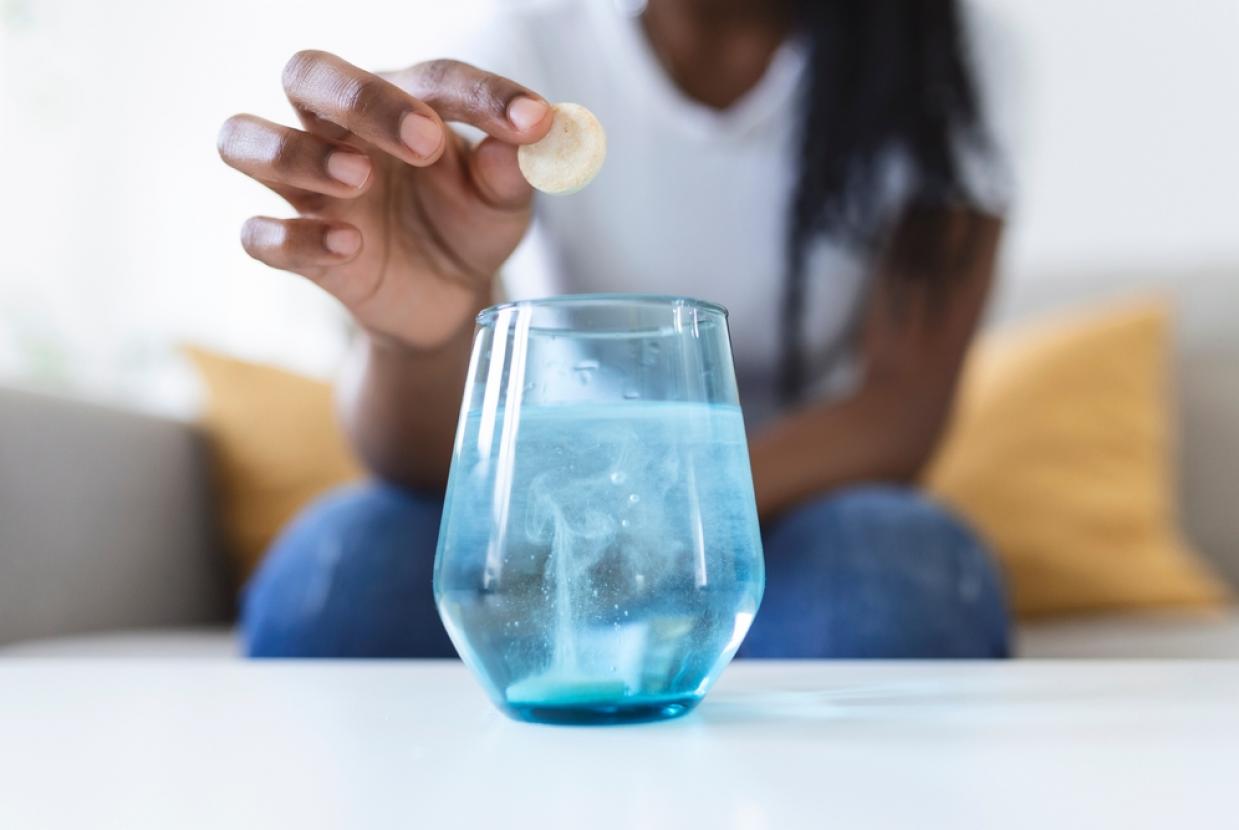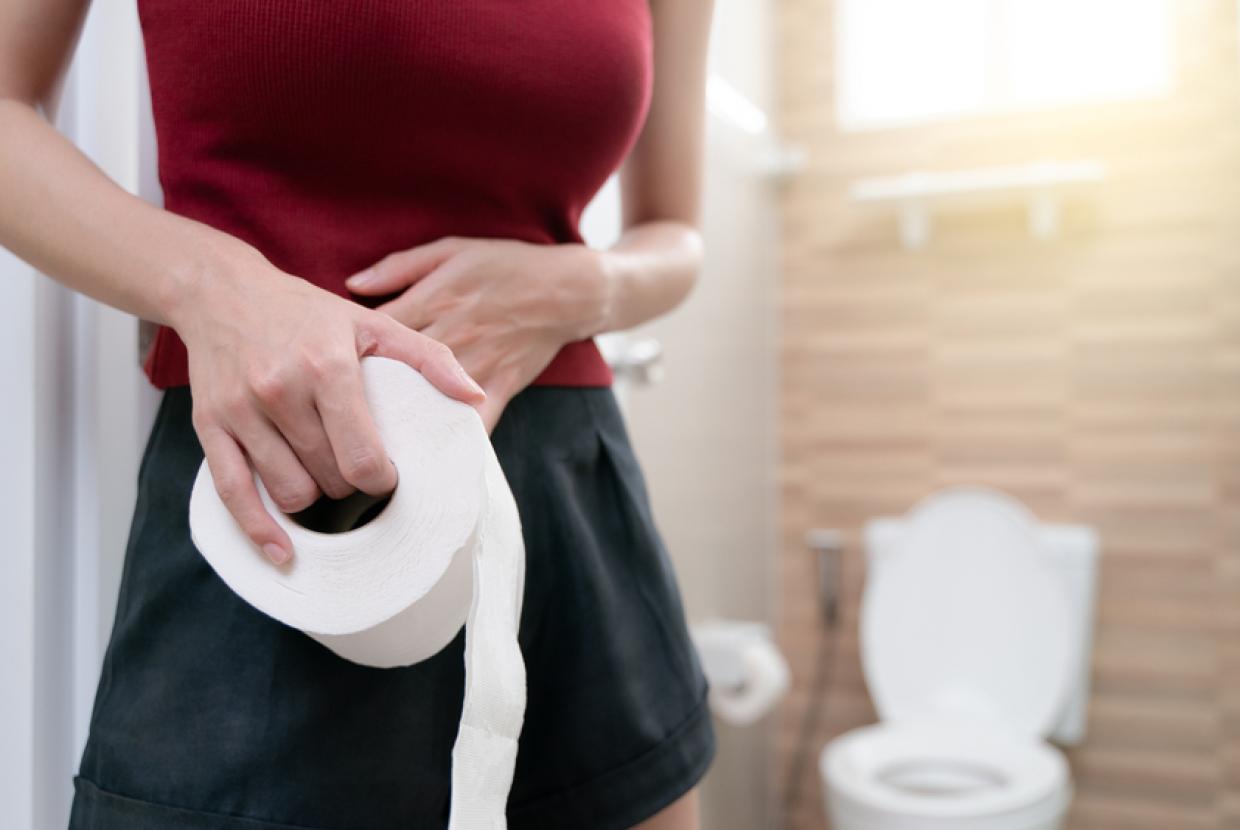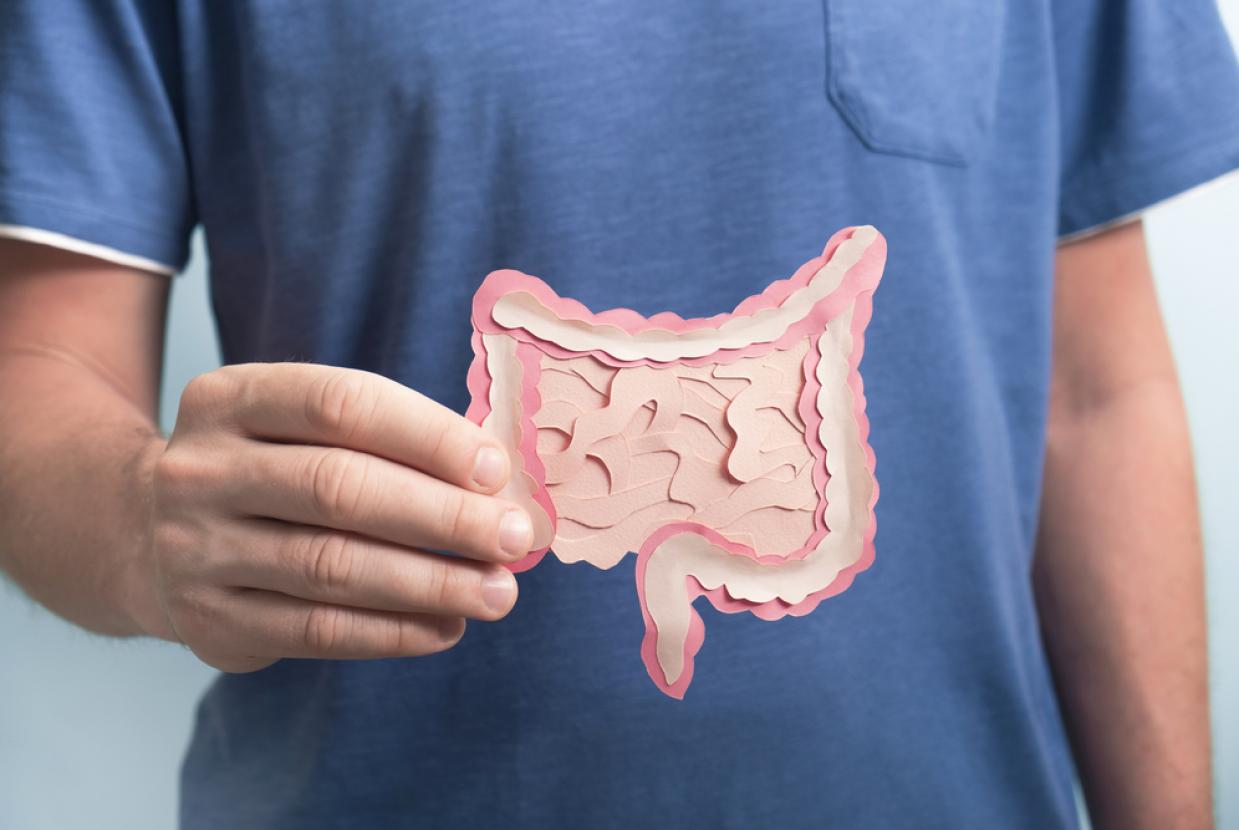Gallstones
Gallstones are small stones that form in the gallbladder. Most people who have them do not get symptoms. If gallstones are causing pain in your tummy, you may need surgery to remove your gallbladder.
The gallbladder is a small organ in the top part of your tummy that helps you digest your food.
Gallstones may be found in the gallbladder or the bile ducts, which are small tubes that connect the gallbladder to organs such as the liver and pancreas.
Treatment for gallstones
If you have gallstones, you might not need any treatment if they're not causing symptoms. You may need follow-up appointments with the doctor in the future to check the gallstones are not getting worse or causing problems.
You may need treatment if:
- you have symptoms of gallstones
- you have complications from gallstones
- gallstones are found in the common bile duct
The main treatment for gallstones is surgery to remove the gallbladder (cholecystectomy).
If gallstones are found in your common bile duct, you may have a procedure called endoscopic retrograde cholangio-pancreatography (ERCP) to clear the bile duct.
ERCP is done using a long, thin tube with a small camera inside, called an endoscope, which is passed into your stomach through your mouth. The opening of the bile duct is widened so the stones can pass through.
Waiting for surgery
While you're waiting for surgery, you may:
- take painkillers, such as paracetamol and ibuprofen
- be offered stronger painkillers for severe pain if you need it
- want to avoid foods that cause symptoms
- be advised to eat a low-fat diet
Complications of gallstones
Complications of gallstones are rare. But sometimes gallstones can cause a blockage which leads to serious complications such as:
- inflammation of the gallbladder (cholecystitis) or pancreas (pancreatitis)
- jaundice, which can cause your skin or the whites of your eyes to turn yellow, itchy skin, and darker pee and paler poo than usual – yellow skin may be less noticeable if you have brown or black skin
Treatment for complications caused by gallstones is usually pain relief and surgery to remove the gallbladder (cholecystectomy).
Check if you're at risk of gallstones
Gallstones are common. There are usually no symptoms, so you may not know you have them.
You may be more likely to get gallstones if:
- you're over 40 years old
- you're a woman
- you're living with obesity
- you have a diet that's high in fat and low in fibre
- you've lost weight quickly – for example, through weight loss surgery
- you have a condition such as diabetes or Crohn's disease


